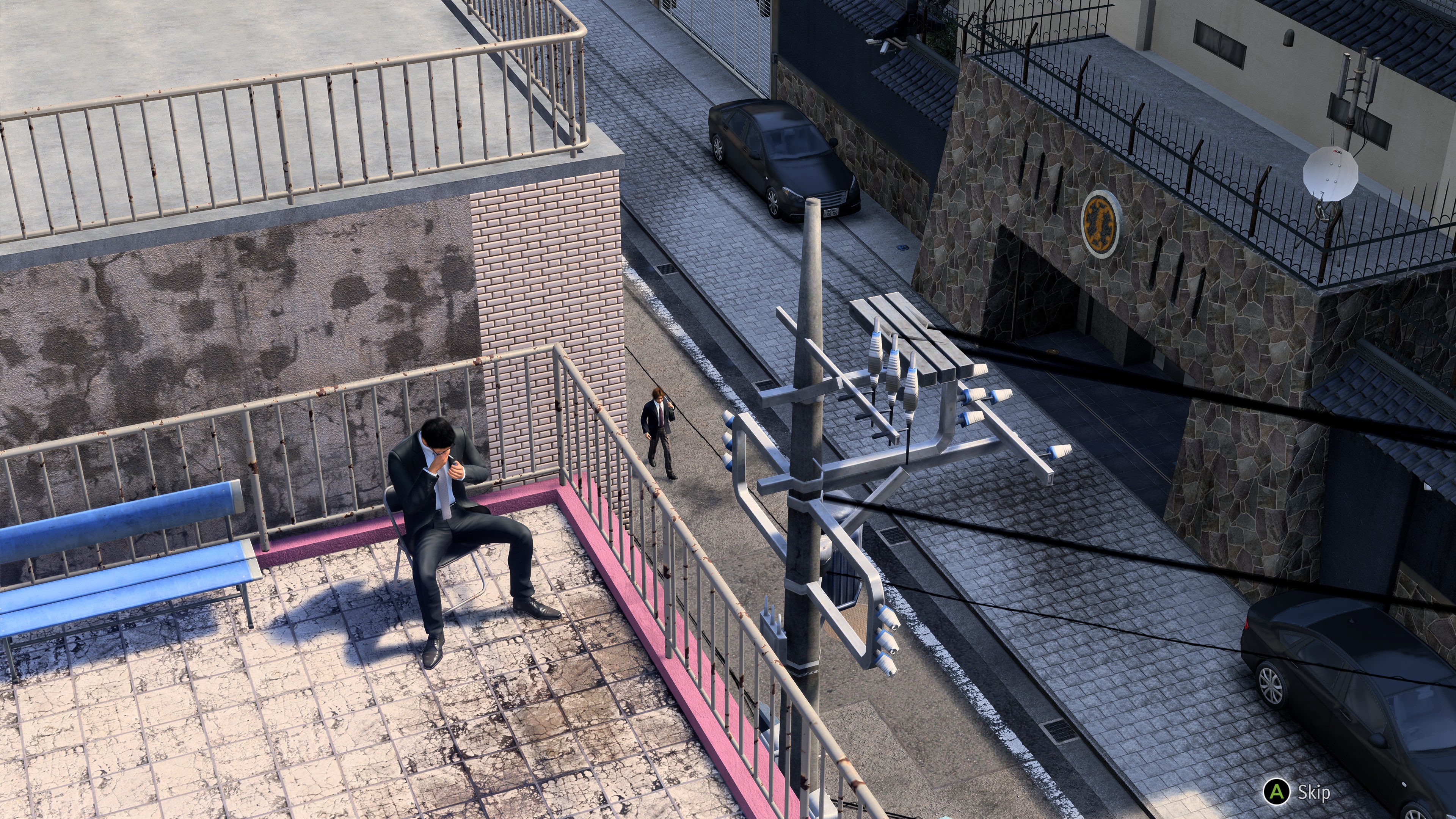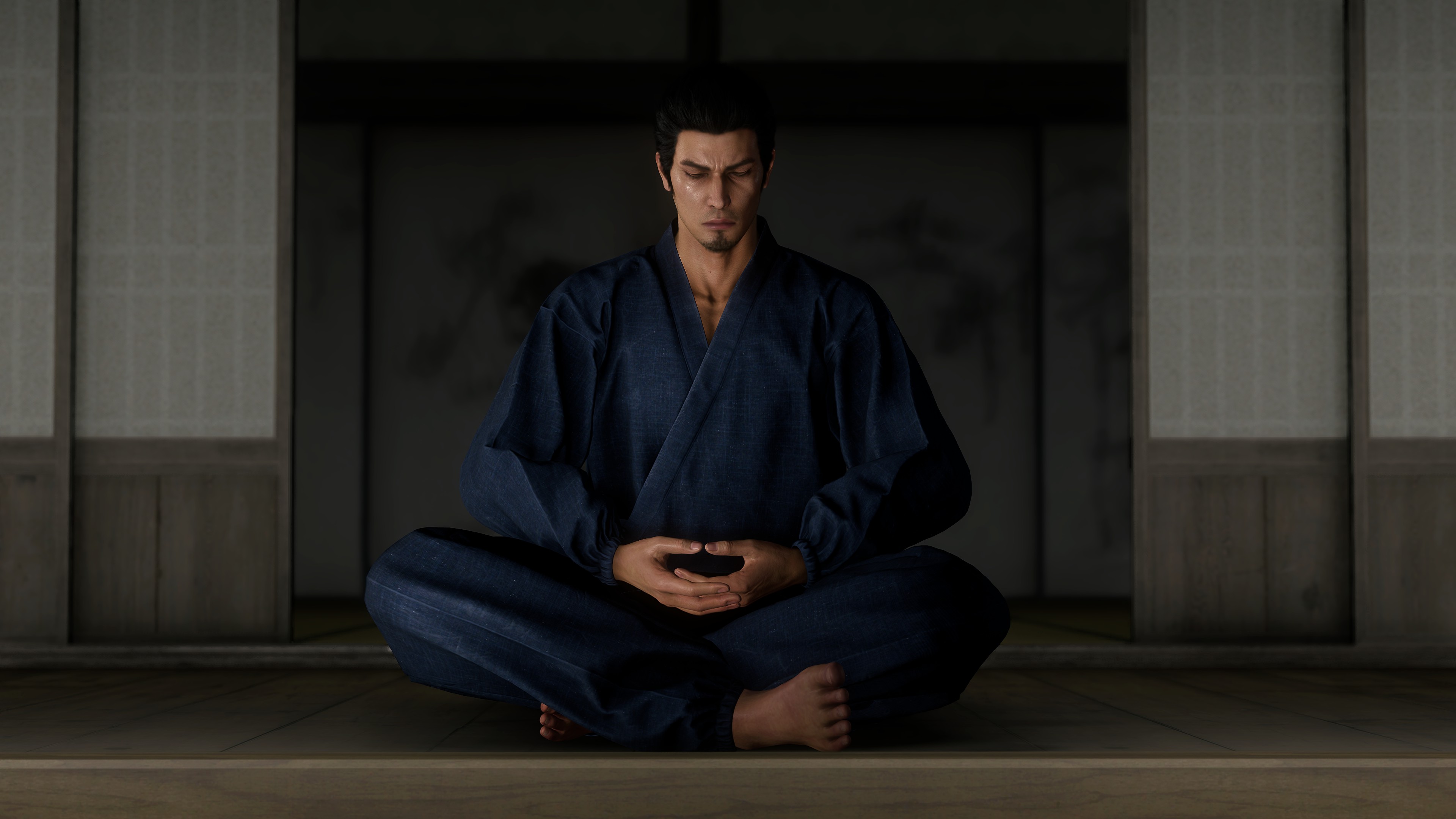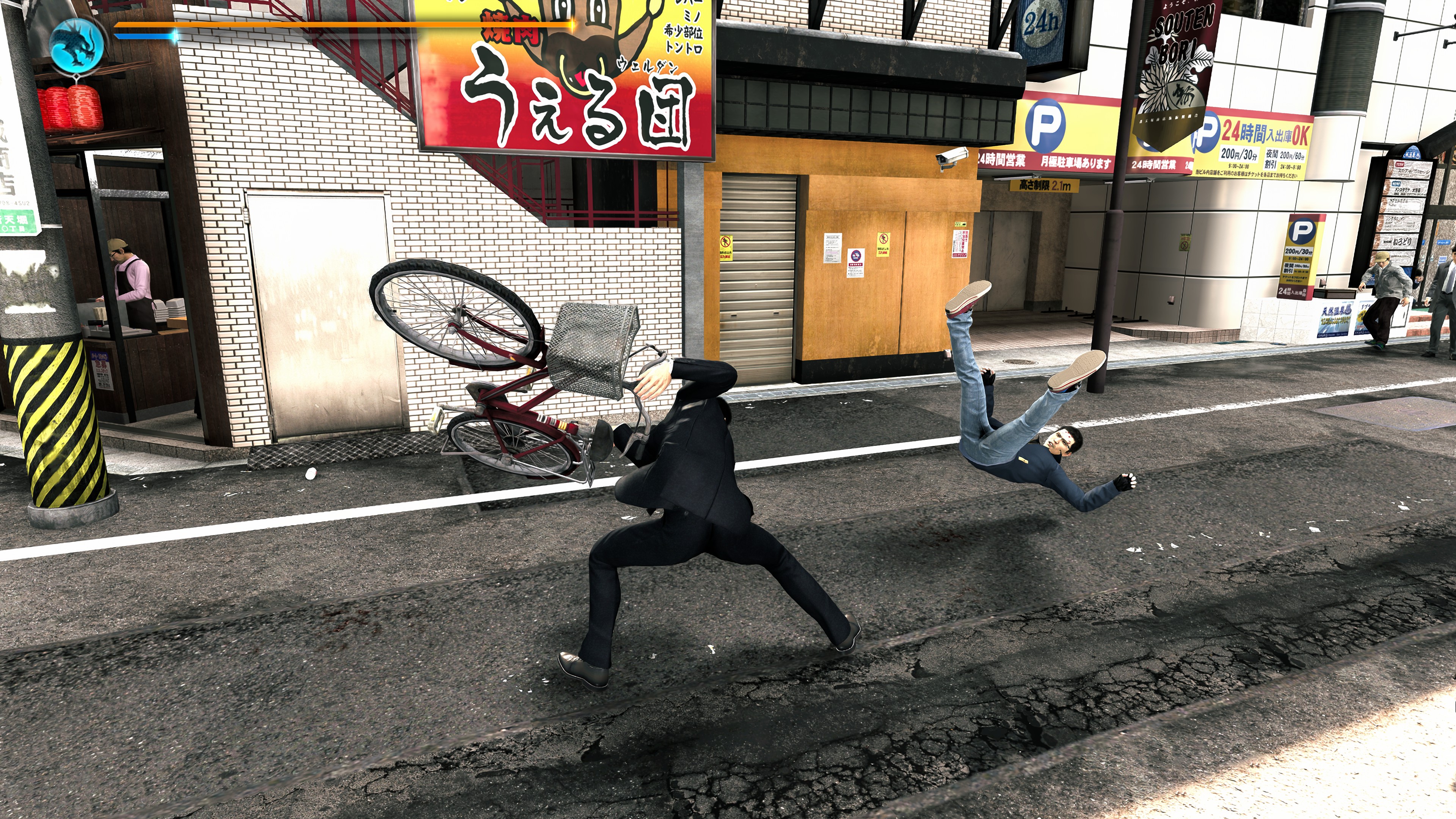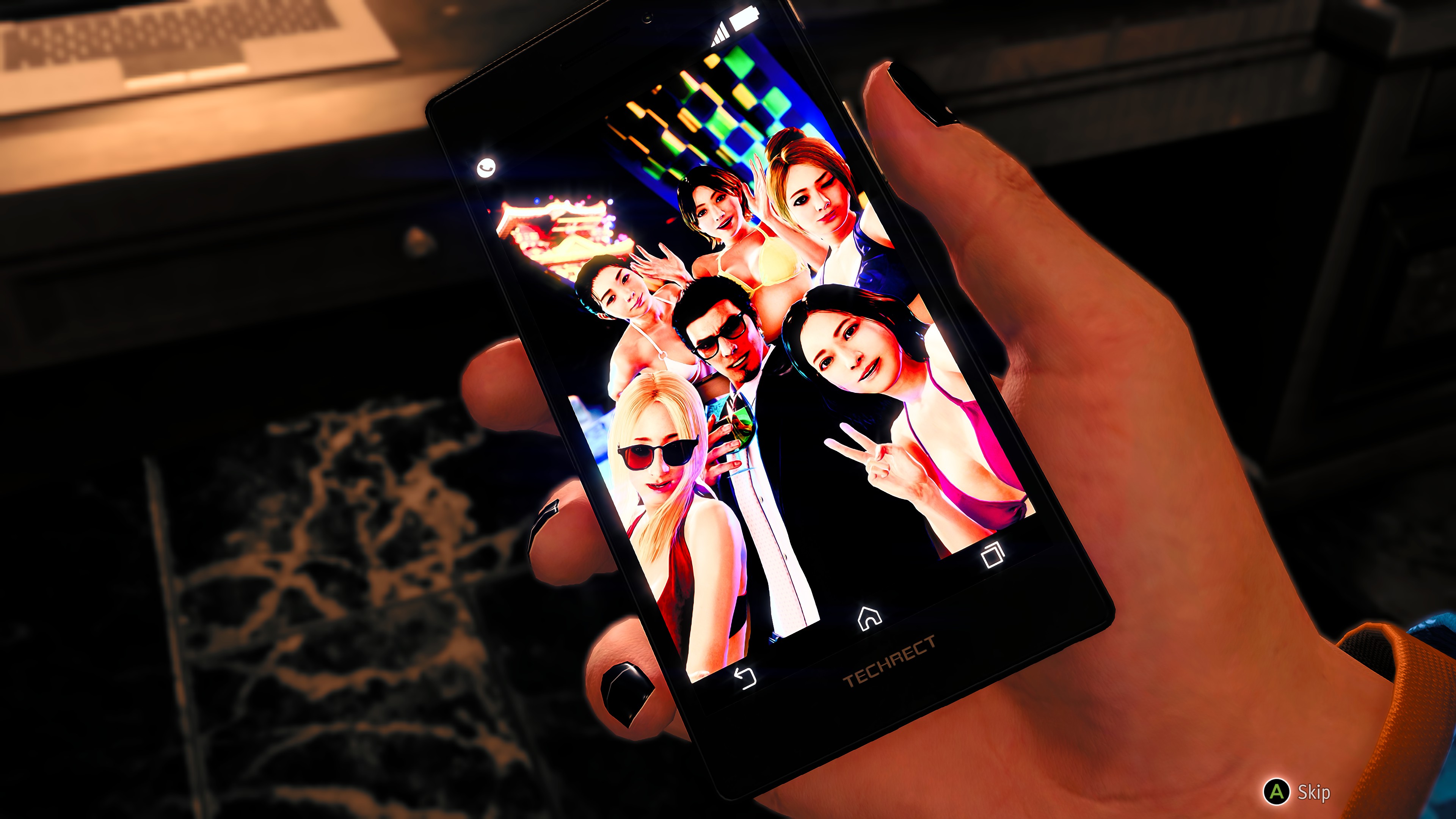I am a superfan of the Yakuza series, games as famous for their length as their brutality. When you combine all the cutscenes, story missions, sidequests and recreational diversions like arcades and baseball centres, the main games in the series can easily start asking for 80-100 hours of your time.
If you have that much time to spare, that's great. I know how you feel: I've spent dozens of hours on multiple entries in the series, especially Yakuzas 4 & 6, while the amount of stat-padding required for Like A Dragon's difficulty spikes pushed my playtime into triple digits. I don't begrudge that: I loved every second spent in those games, their length is a huge part of their appeal, and what I'm about to say is in no way an attempt for me to get these games cut off at the kneecaps.

But these games come out pretty damn regularly, sometimes once a year, and I simply cannot spend that long on every single Yakuza release. I've got a life to lead, other games to play, and if I had to set aside 90 hours a year to walk around taking photos of shops it would exhaust me. Which is why I liked 2022's Judgment expansion so much; it gave me a taste of the Yakuza experience, satisfied my urges to smash bicycles over dudes’ faces, but didn't ask for whole weeks of my time in doing so. I could get in, sample its wares, have some fun and get out, all in just a few hours.
The latest entry in the series, The Man Who Erased His Name, is doing something very similar. While technically a standalone game this time (The Kaito Files was an expansion), it's still noticeably shorter than a full Yakuza release. That's fine; it's slightly cheaper, still packs a punch, and it's not like the series is cutting itself short, since a full Yakuza game--one already described as "monster-class"--is coming really soon, with Infinite Wealth due out in January 2024.
This is more of a stopgap. And what a stopgap it is.

For the first time since 2018's Yakuza 6--which was supposed to say goodbye to the character--we're controlling Kazuma Kiryu in a short adventure that establishes just what exactly the guy has been up to since faking his own death at the end of Yakuza 6 and turning up unexpectedly in the middle of Like A Dragon (before assuming a co-starring role in the upcoming Infinite Wealth).
It's fan service, sure, everyone loves Kiryu, but his transition between the old and new games in the series has so far been pretty weird and underwhelming. In addition to letting us smack some dudes around, The Man Who Erased His Name also serves as a bit of a retcon for Ryu Ga Gotoku Studio, giving them a chance to explain just why he survived, and to also revisit some of the most important story beats of Like A Dragon--like the dissolution of the Tojo Clan and Omi Alliance, which seemed a bit sudden--and flesh them out.
I'm not getting paid by the word here, so I'm not going to get into every single little thing about the game, but I will say that I appreciate the streamlined brevity here. Yakuza games may be home to some of video gaming's most memorable sidequests, but it's easy to forget that loads of them are also terrible and tedious, so TMWEHN tries something new: it shifts a ton of sidestories--some simple fetch quests, others elaborate, story-driven jobs with multiple stops along the way--behind a central menu system. A Yakuza Jobs Board, if you will.

You can ignore them if you want, and can breeze through the main storyline in around 8-10 hours if you do. Imagine that! Finishing a whole damn Yakuza game in 10 hours! I just did it, I loved it, and now in this, the busiest damn time of the year for video games, I'm free to go play something else. It's beautiful.
Note that if you want to unlock a bunch of the game's better abilities and skills, you'll need to complete at least a few of them. In fact, there's a point midway through the main storyline where Kiryu's quest takes a break and you're forced to complete some sidestories. The simpler ones aren't worth your time, but the more substantial missions are up to the usual Yakuza standard. One memorable quest in particular involves a love-struck young man overly-reliant on ChatGPT for his lines, and he gets...exactly what he has coming to him.
The rest of the game is exactly what you'd expect and hope for from a Kazuma Kiryu Experience. Like the Judgment games, combat is settled with the series' traditional real-time action controls (not the JRPG turn-based system from Like A Dragon), and it's as brutal as ever. The storyline chugs and alternates between "grizzled soap opera dialogue" and "absolutely absurd Yakuza shit" at just the right times, with events surrounding "The Castle" (I will not spoil it) being a particular highlight.
I think what I liked best, though, is the way this somehow has me reappraising my resistance to bringing Kiryu back in the first place. I was incensed when Ryu Ga Gotoku brought him back. I thought it was bullshit, a view that had persisted right until I got my hands on TMWEHN.
Now, having played through this, had Kiryu's interlude explained to me and getting a chance to run around in his shoes one more time, I've softened. Especially after a surprisingly emotional ending sequence that is a must-play for fans of the series. You know what, sure, if you want to bring him back, whatever, let's bring him back. I love this steadfast old man too much to see him consigned to the dustbin (or, in this game's case, the ashtray) of history.



